Coronavirus pandemic impacts daily life
The Midlo Community Adapts to the Coronavirus
An eerie change in life sweeps across the United States, arriving suddenly and posing a threat to citizens. COVID-19, commonly known as the Coronavirus, started as a viral disease in Wuhan, China, and has rapidly expanded globally. Often compared to the common flu, the Coronavirus is characterized by fast transmission and is especially harmful to older citizens with underlying health conditions. As cases rise in the United States, schools and businesses decided to take preventative measures, closing to prevent further transmission, and “flatten the curve.” Health experts, along with the Centers for Disease Control and Prevention, assert the importance of social distancing, leading many families to self quarantine. On March 30, 2020, Virginia Governor Ralph Northam issued a stay at home order, telling citizens to stay inside and isolate. Efforts to slow the disease brought drastic lifestyle changes, pushing individuals to quickly adapt to the situation in various unprecedented ways.
The Midlo community, now in a sudden standstill with businesses, schools, and recreational closures, feels the wrath of the coronavirus along with the rest of the world. Working adults feel the stress of this virus, as many nonessential businesses closed their doors in an effort to promote social distancing, which puts a strain on small businesses who rely on everyday customers. Now, many employees either work from home or don’t work at all, leaving millions in a tight financial situation as unemployment rises. This also affects many Midlo students, as their part time jobs are shut down. Adyn Teta states, ” It’s very inconvenient because I have no way of making money. I understand that it’s for the safety of everyone, but I can’t wait to get back to a regular schedule. “
Now, with schools closed through the end of the academic year, students must continue with online learning. High school seniors across the nation feel the sudden halt on life as well. Senior year marks the beginning of the end, allowing students to breathe in their last breath of adolescence before joining the real world. The past twelve years served as stepping stones in achieving the final golden year. Closures of schools for the rest of the year takes away these seniors’ last days with their high school friends, ending the year in an abrupt fashion. Now, due to the threat of the virus, concerns about the greatly anticipated graduation ceremony arise. Educators across the county are working to find a safe solution to give the Class of 2020 a proper farewell. Senior Hannah Jens states, “It’s really sad. I think all of us have dreamed of these last few weeks for years as a time to have fun and make memories with people that we might never see again. It’s just disappointing that our huge milestones of being a kid are being skipped over and that we never got the chance to say goodbye.”
The sudden quarantine also impacts the juniors, Class of 2021, as many use the year as a crucial time to prepare for college. So far, the College Board canceled both the March and May SATs, making June 6th the next available date to test. Some colleges have already taken action to resolve this. For example, Case Western Reserve University, as well as Boston University, made SAT and ACT tests optional, and some expect other colleges to follow suit. As colleges close, it complicates the touring process, as many students take advantage of Spring Break as a time to visit their choice schools. Now, some colleges offer virtual tours to adapt to this issue. Advanced Placement tests, which offer students college credit, have been adapted as well. The College Board decided to cut the content short, and instead offer at-home versions of the tests. As these accommodations assist juniors in their college application process, some still feel pressure, as time that would be used to build up college resumes, such as volunteering, working, and participating in clubs and activities, is put on pause.
Uncertainty fills anxious students, parents, and citizens, as there is no clear end in sight. Many students, used to the stimulation of activities and social interaction, feel isolated and are taking to social media platforms, such as Instagram, to share their feelings, thoughts, and connect with each other. Junior Riley Martin shares, “It’s hard not being able to see my friends, but I know it’s important that we all do our part to stop this. I’m glad we have social media and Facetime, so I still have opportunities to connect with my friends, even though I can’t see them in person.” Experts say that the next few weeks will be essential in slowing the spread. COVID-19 has claimed the lives of over 3,500 individuals in the United States as of April 1, 2020. With this in mind, it is imperative to flatten the curve. The quicker citizens completely quarantine, the sooner life can unpause. If each person does their part, more lives can be spared and healthcare professionals can do their job more effectively, without an overload of sick patients.
For helpful information on the Coronavirus, visit: https://www.cdc.gov/coronavirus/2019-nCoV/index.html


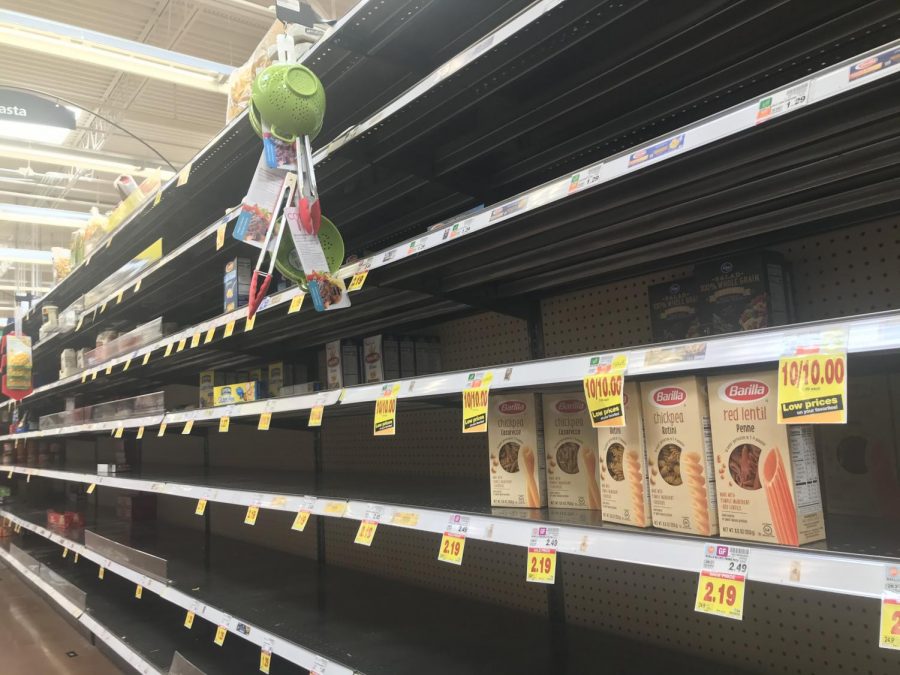
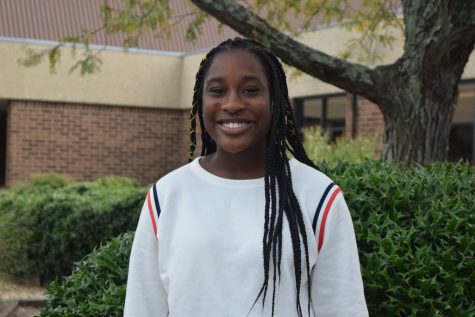
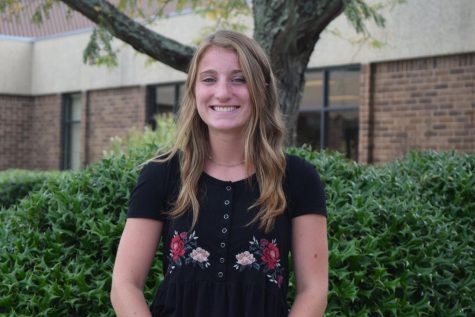
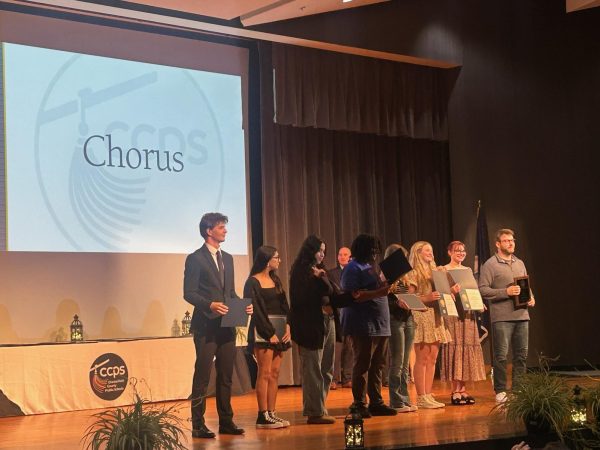
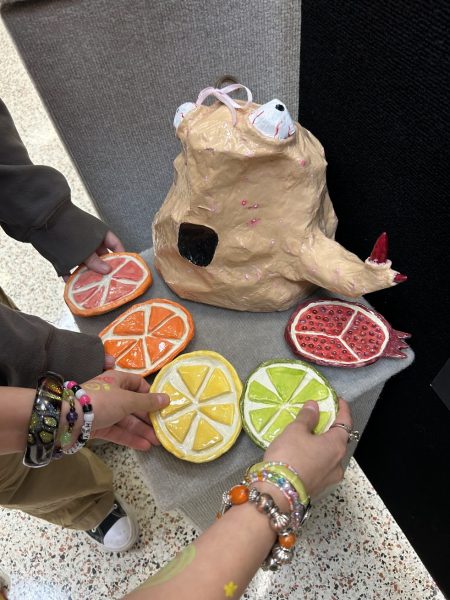
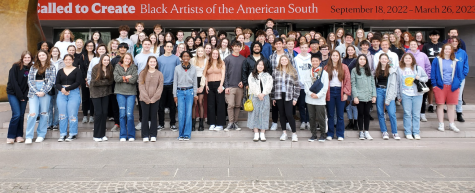
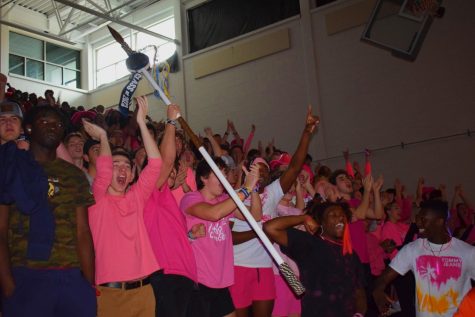
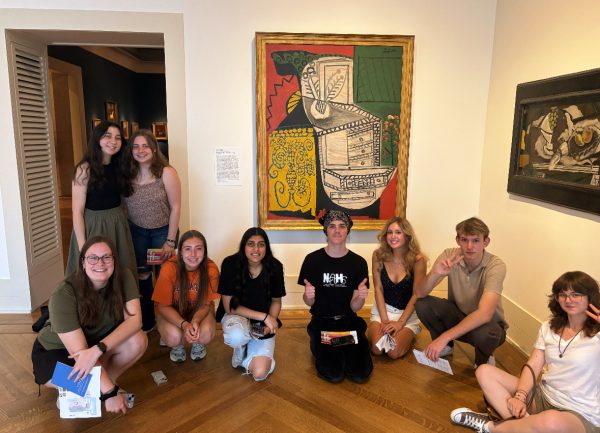


BBSteve • Apr 10, 2020 at 2:31 pm
Maybe the colleges should try an experiment (this year) and not depend so much on the testing process – look at attitudes, politeness, ideas – did I mention ideas? – to quote Mrs. Kerr, my fifth grade teacher (certain she was quoting someone else) – nothing is more dangerous than an idea whose time ha come…
Dorothy • Apr 5, 2020 at 8:27 am
Great article, it was good to get a glimpse into the perspective of high schoolers. Very well written. Thank you all for sharing your gift!
Diann Jeffers • Apr 4, 2020 at 10:25 am
Excellent article written with clarity and the perspective of a teenager’s point of view.
So sad that things we used to take for granted like a graduation surrounded by friends is one of the extra things our children have to worry about. Well done ladies!!! Talented duo!